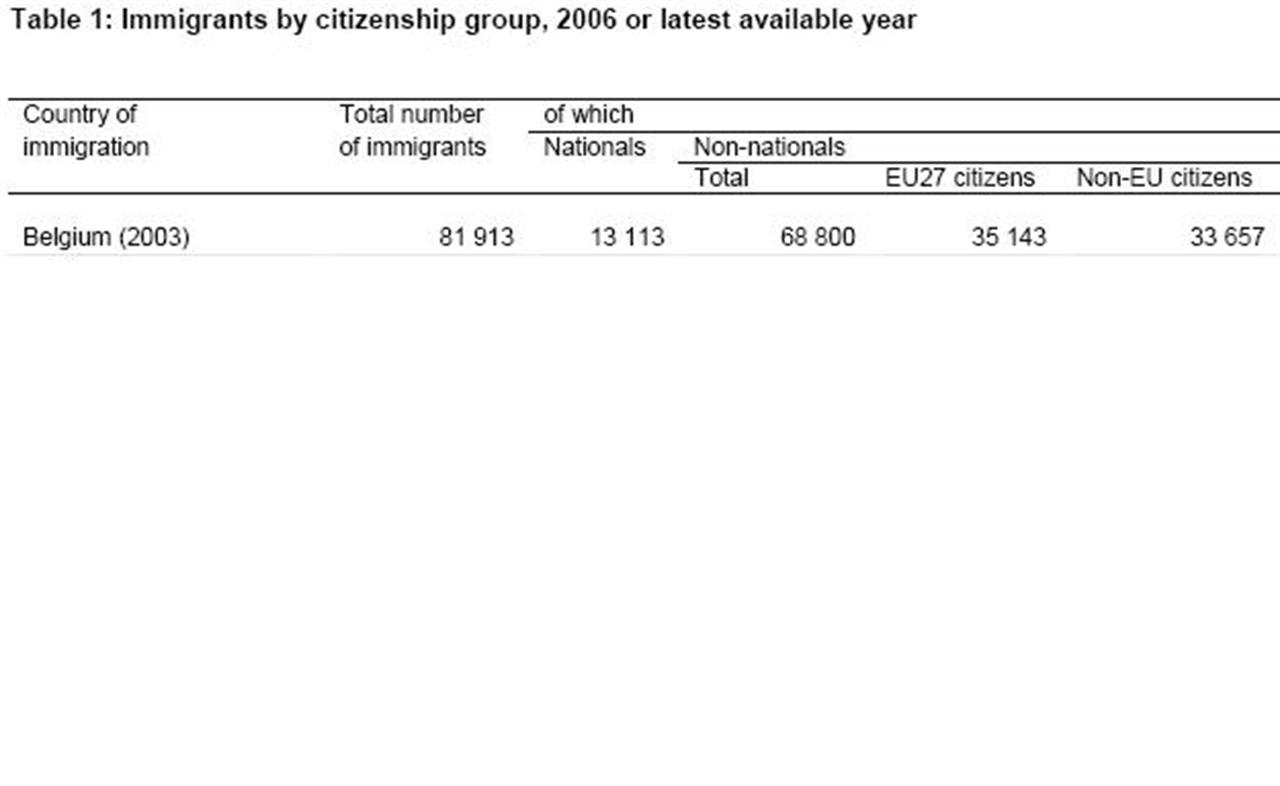Individual giving
According to a 2008 IPSOS research, 81% of Belgians see philanthropy as a tool to solve important problems of our time; this figure is higher than the one in Spain, France, Great Britain, Italy and Germany, where giving is considered important by approximately 70% of the people interviewed. Belgians, in fact, believe that philanthropy must be complementary to the authority funds, which are often insufficient.
Donations and contributions paid by households amounted to 661.6 million € in 2002: one third of the economic value of time or in-kind donations that volunteers gave (source: www.ces-ulg.be).
Trans-national giving
Diaspora philanthropy. This is the name of a peculiar phenomenon started in the ‘80s, when many migrants in Europe started to support good causes in their country of provenience: Islamic Relief and Muslim Aid were set to face the terrible famine in the Horn of Africa; the 1999 earthquake in Turkey also led to an international initiative to provide relief, as well as the 2004 Al-Hoceima’s earthquake (source: Tom De Bruyn, Patrick Develtere, HIVA-K.U.Leuven, Le potentiel de la philanthropie de la diaspora, Fondation Roi Baudouin, 2008).
Nowadays, with the number of migrants all over the world rising by a percentage of 2.9% per annum according to the International Organization of Migration, a new challenge for the worldwide philanthropy is allowing immigrants community, who usually have strong solidarity-feelings towards their original countries, to easily provide their help wherever they want to, and not only during crises.
Moreover, according to the 2008 Eurostat‘s Report about recent migration trends, citizens of EU-27 Member States become ever more mobile, and the European Union continues to attract non EU-citizens. In particular, data for Belgium are reported in the table.
In Europe, cross-border giving is possible through the Transnational Giving Europe (TGE) network, a partnership between large and accredited European foundations (for Belgium the King Baudouin Foundation), which currently operates in Belgium, Bulgaria, France, Germany, Grand Duchy of Luxembourg, Hungary, Ireland, Italy, the Netherlands, Poland, Romania, Slovakia, Switzerland and the United Kingdom. The objective of this partnership is to promote cross-border donations from another European country for projects undertaken in Belgium or, conversely, to make donations from Belgium to projects in other European countries.
This network also represents, at present, the only way to obtain tax deductions for donors in the country of origin, according to the legal provisions in force.
Giving to developing countries
Out of the approximately 2.79 billion $ (2 billion € at the current exchange rate) of total assistance to developing countries, corresponding to 0.61% of the Belgian GNI in 2007, approximately 0.34 billion $ (0.24 million € circa) is donated through private (individual and corporate bodies) giving; the remaining part is made up partly from ODA (Official Development Assistance), partly from remittances (source: The Center for Global Prosperity, The Index of Global Philanthropy and Remittances 2009, 2009).
17 centesimi al giorno sono troppi?
Poco più di un euro a settimana, un caffè al bar o forse meno. 60 euro l’anno per tutti i contenuti di VITA, gli articoli online senza pubblicità, i magazine, le newsletter, i podcast, le infografiche e i libri digitali. Ma soprattutto per aiutarci a raccontare il sociale con sempre maggiore forza e incisività.

